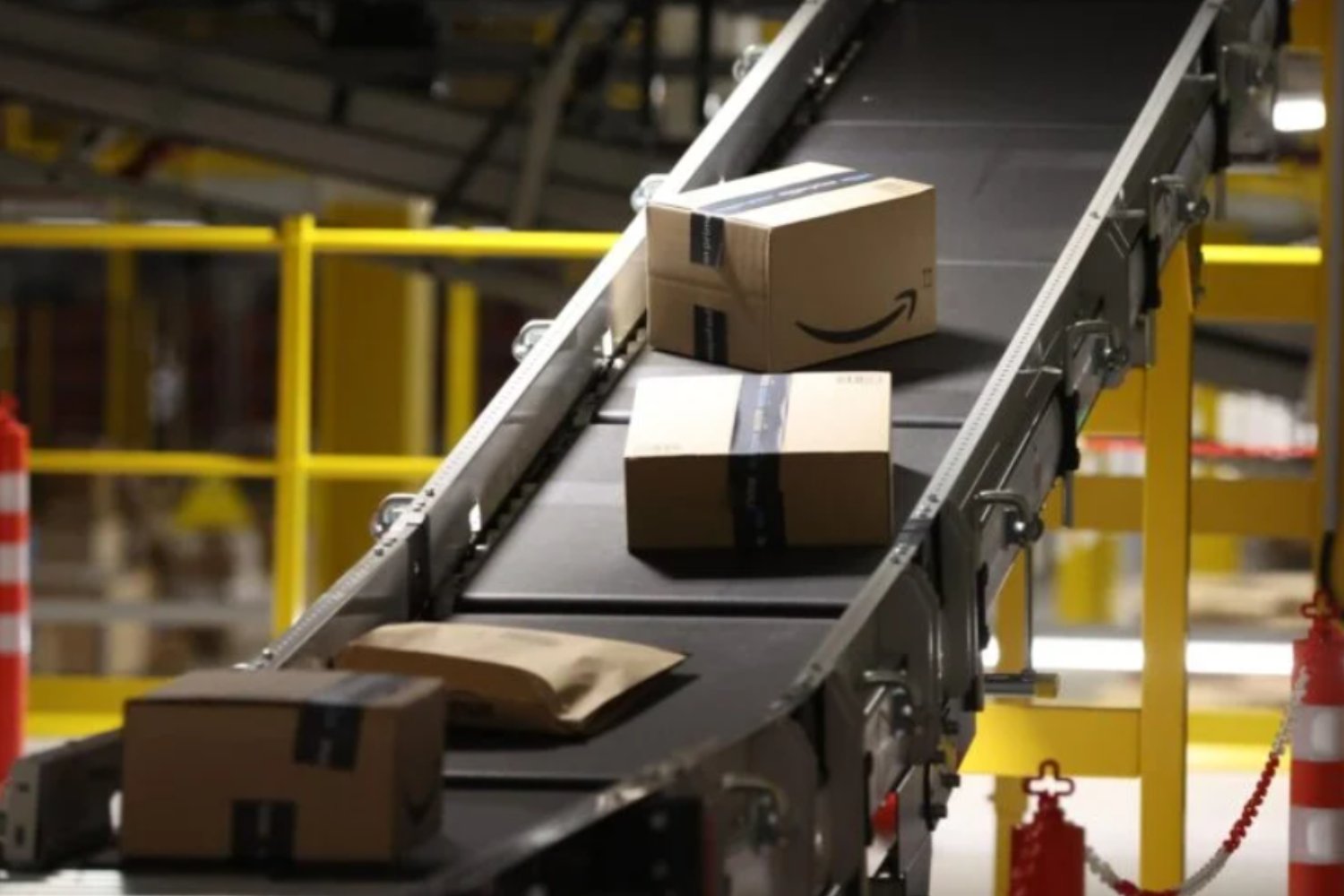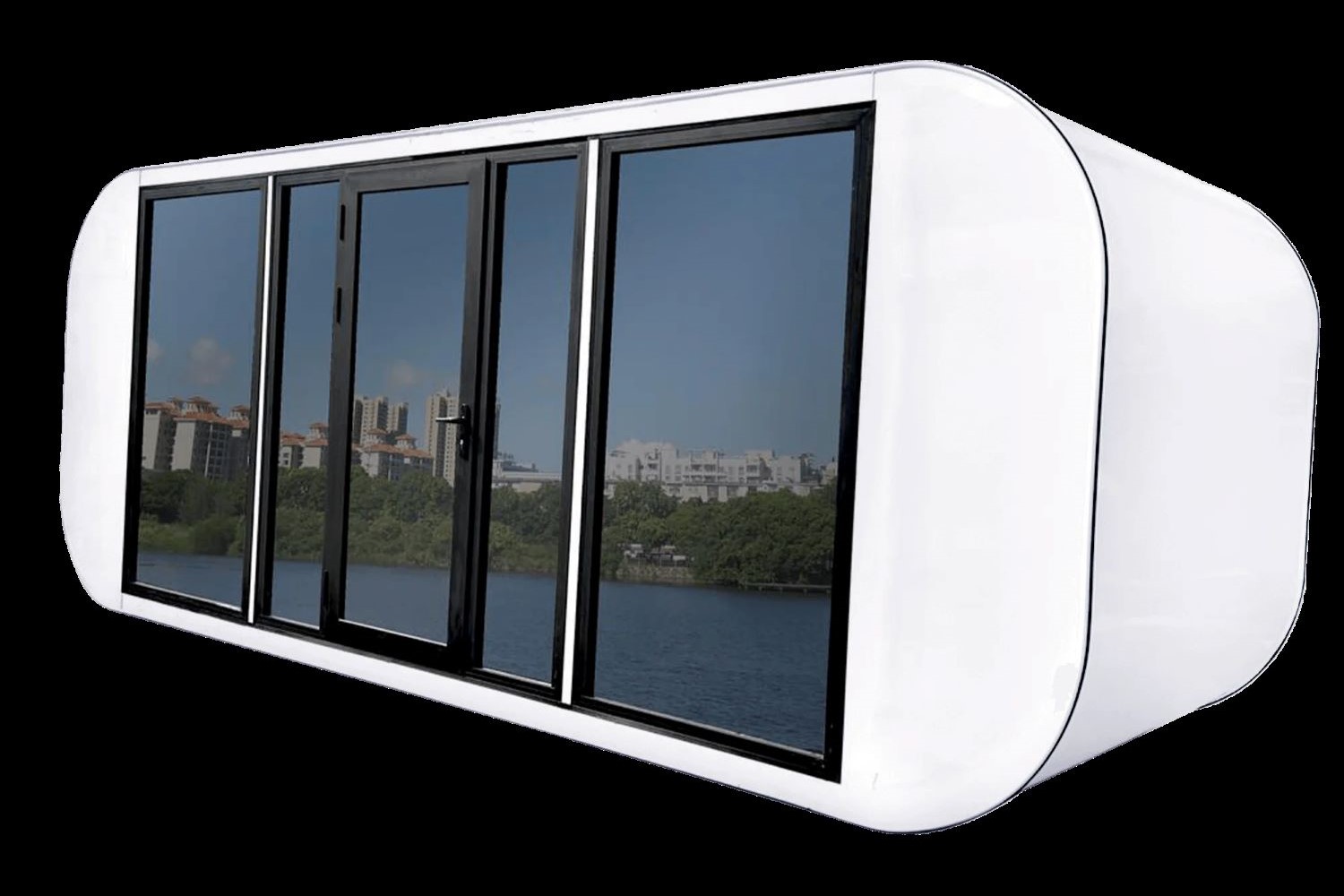Amazon and eBay have removed several carbon monoxide detectors from their respective marketplaces after a recent investigation found the devices consistently failed to alert users when gas is present, putting peoples’ lives at risk.
According to The Guardian, the UK-based consumer protection group Which? tested four alarms sold through the online marketplaces, including one Amazon bestseller and several unbranded models that were made in China. The group found that the alarms didn’t work as claimed.
Through the tests conducted by Which?, it was revealed that many of the cheap, off-brand carbon monoxide detectors available online were essentially just hunks of plastic. That’s an especially troubling discovery in the case of one alarm, the Topolek GEHS007AW CO alarm, which was listed as a best-selling product on Amazon, per The Guardian. Which? reported the device failed to detect gas in more than 80 percent of tests.
Which? also looked at six other detectors that didn’t carry a brand name or any sort of identifier. Those devices also repeatedly failed to reliably detect the presence of deadly gases. Which? recommended anyone who has purchased one of the devices to replace it immediately.
It’s not too hard to figure out why these devices were popular on Amazon and eBay: they were all incredibly cheap. Most good carbon monoxide detectors will run you anywhere from $20-50, and the price just increases if you’re looking for any smart features. All of the faulty devices tested by Which? were selling for under $20, and in some cases under $10.
Carbon monoxide is no joke. According to the Center for Disease Control and Prevention, approximately 50,000 people in the US suffer from accidental CO poisoning each year, and about 430 people die from it. The deadly gas can come from any number of common household devices including stoves, gas ranges, and generators.
Being able to reliably identify the gas when it is present is necessary for your wellbeing, and typically we rely on carbon monoxide detectors to do that job. So to sell one that doesn’t work is not only pretty fucked up, it’s also putting lives at risk. Alex Neill, the managing director of home products and services at Which?, told The Guardian:
When household names such as Amazon and eBay are selling products that could put consumers at risk, it is clear more must be done by businesses and the government to proactively identify potentially dangerous products and stop them from entering people’s homes.
A spokesperson for eBay told the publication that it is working to ensure only lawful products are sold on its marketplace. Amazon said, “All sellers must follow our selling guidelines and those who don’t will be subject to action including potential removal of their account.”













